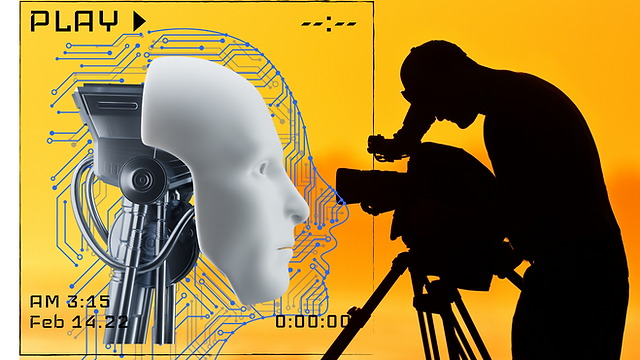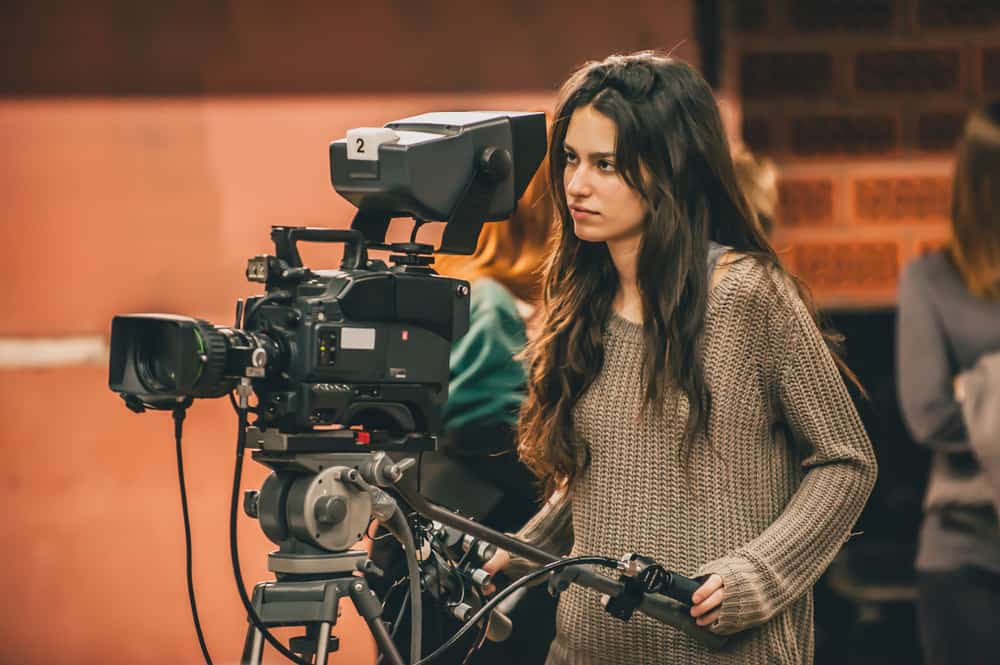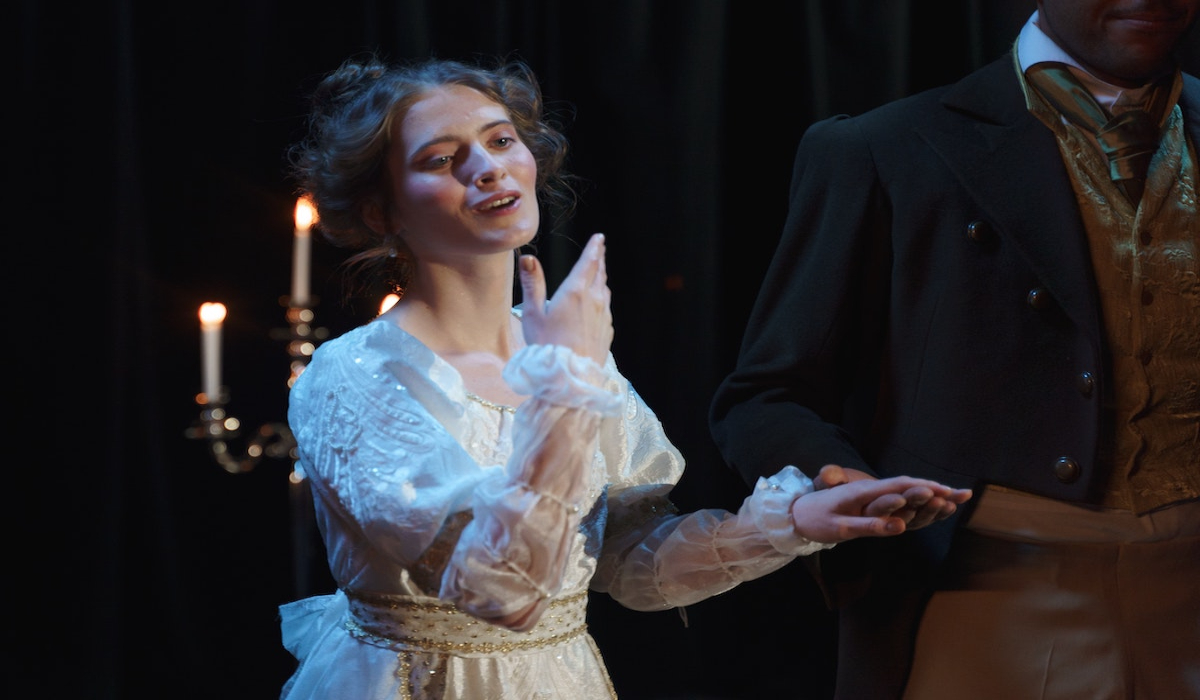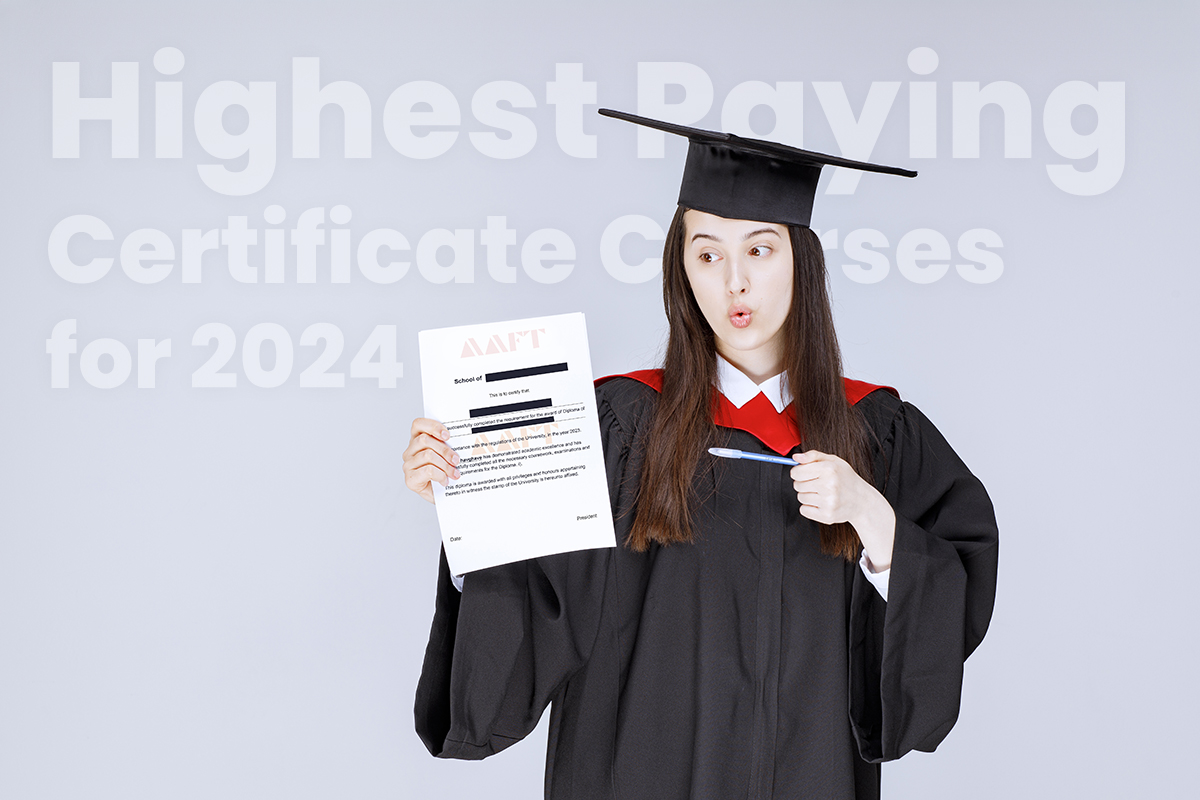Lights, Camera, AI: How AI is Transforming Filmmaking
Artificial intelligence (AI) is no longer just science fiction! AI is transforming industries worldwide, leveraging data analysis and decision-making capabilities to revolutionize sectors like healthcare, finance, manufacturing, etc and the film industry is no exception. From predicting box office blockbusters to crafting captivating scripts and conjuring mind-bending special effects, AI is weaving its magic into the very fabric of filmmaking. But fear not, for this isn’t about robots stealing the director’s chair. Instead, it’s the convergence of technology and creativity promising a future where storytelling reaches new heights of innovation and immersion.
Let’s examine how AI is influencing the filmmaking process below.
Pre-Production:
- AI Scriptwriting:
AI is shaking up scriptwriting, evolving from a passive data analyst to an active collaborator. Using machine learning storytelling, AI analyzes mountains of film information, sparking fresh concepts and data-driven insights. Think unexpected plot twists based on past hits, or personalized narratives tailored to audience preferences. While AI-powered scripts might not win an Oscar for emotional depth, they act as brilliant springboards, sparking fresh concepts and igniting creative exploration. This creative collaboration between humans and AI empowers filmmakers to choose impactful scripts efficiently, analyze storylines with AI’s data-driven insights, and leverage machine-learning storytelling to craft narratives that resonate deeply with audiences.
- Location Scouting:
Gone are the days of scrambling for the perfect shooting location or stressing over weather uncertainties. AI-driven location scouting is here to revolutionize filmmaking! Tools like Luma AI let you virtually explore potential sets before construction, while Unreal Engine 5.2 unlocks the magic of virtual set generation. Craft intricate sets in real-time, fine-tune lighting and see your vision come alive before filming starts. This pre-production efficiency goes beyond saving time and resources – with AI bringing your vision to life.
Production:
- Cinematography and Lighting:
AI is your new creative partner, wielding the brush of intelligent cinematography. Tools like Chatous AI, are revolutionizing the art of filmmaking by offering advanced capabilities in cinematography and lighting. Through the analysis of past films, AI suggests camera angles, lighting setups, and visual effects that heighten the scene’s emotional impact and overall aesthetic. AI-powered camera systems dynamically adjust settings based on the scene and the desired emotional tone, ensuring optimal capture of every moment. Moreover, AI plays a pivotal role in virtual production, enabling real-time rendering of complex environments within virtual studio technology. This right here is immersive filmmaking, and it’s the future where technology and artistry paint stories that captivate audiences.
- Visual Effects and Editing:
Do you want free career counseling?
Ignite Your Ambitions- Seize the Opportunity for a Free Career Counseling Session.
- 30+ Years in Education
- 250+ Faculties
- 30K+ Alumni Network
- 10th in World Ranking
- 1000+ Celebrity
- 120+ Countries Students Enrolled
Forget pixel-by-pixel rotoscoping and endless rendering delays! Tools like Runway help in automating tedious tasks like green screen compositing, freeing you for creative exploration. But it gets better: AI can analyze footage, suggesting cuts and pacing for impactful edits, even crafting trailers that capture your film’s emotional core. This AI-assisted editing streamlines workflow, while automated VFX powered by machine learning algorithms like Topaz Labs’ Video AI sharpens footage and reduces noise in real-time. This intelligent post-production isn’t just about efficiency; it empowers filmmakers to experiment, iterate, and push the boundaries of storytelling.
Post-Production:
- Sound Design and Music Composition:
Beyond musicians and sound designers, AI has a newfound talent for AI-powered sound design. It crafts original music tailored to the mood of your film, drawing insights from extensive datasets to infuse genre-specific elements. Whether it’s grand orchestral scores or poignant piano melodies, AI’s algorithmic music composition brings these compositions to life. However, amidst this symphony of innovation, ethical concerns linger. Questions surrounding artistic ownership and potential copyright issues arise as AI blurs the distinction between human and machine-created music. Yet, the future of sound design promises harmony.
The Future of AI in Filmmaking:
The future of filmmaking is infused with AI, and it’s electrifying, promising a revolution beyond mere technical advancements. AI-powered algorithms could analyze audience preferences, tailoring distribution strategies and marketing campaigns to reach viewers with laser precision. Personalized recommendations, reminiscent of those on Netflix, could become commonplace, guiding filmgoers toward stories that resonate deeply.
However, amidst this symphony of innovation, a discordant note arises about the role of human creativity in the face of AI automation. Will AI homogenize film experiences, limiting exposure to diverse narratives? Will the heart and soul of storytelling succumb to cold, calculated algorithms? These are crucial questions that demand a delicate answer.
The true magic lies not in AI replacing human creativity, but in their collaborative dance that frees filmmakers to focus on their core strength: crafting powerful narratives that move, inspire, and challenge.
The future of AI-assisted filmmaking isn’t about automation; it’s about augmentation. It’s about empowering creators to push boundaries, tell richer stories, and connect with audiences on a deeper level.
Do you want free career counseling?
Ignite Your Ambitions- Seize the Opportunity for a Free Career Counseling Session.This future is not just technologically exciting; it’s brimming with artistic potential, ready to write the next chapter in cinematic storytelling.
Conclusion
The final scene of our exploration unfolds: AI isn’t a villain, but a collaborator. It streamlines tasks, fuels creativity, and tailors stories for individual journeys. Sure, challenges like ethical considerations and preserving the human touch remain. But as the curtain closes on this chapter, remember: AI can empower filmmakers, not replace them. Embrace the possibilities, hone your craft, and stay ahead of the curve. So, if you’re a tech-geek with a passion for filmmaking, explore the possibilities at AAFT School of Cinema and be a part of this captivating narrative!
FAQs
Will AI replace human filmmakers?
No, AI is seen as a powerful tool to enhance creativity, not replace it. Filmmakers will still be responsible for the vision, direction, and artistic decisions.
Does AI-generated content lack soul?
AI can analyze emotional patterns and generate content that evokes real emotions. However, the human touch in directing, acting, and storytelling remains crucial for depth and authenticity.
Is AI accessible to all filmmakers?
AI technology is evolving rapidly and becoming more affordable. Smaller productions and independent filmmakers can also utilize AI tools and services to some extent.
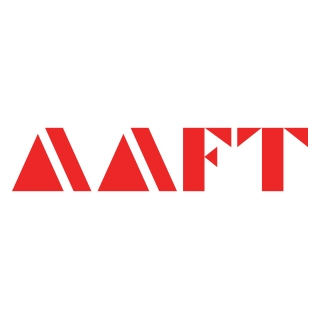
AAFT has been providing the world with limitless creativity and expression since 1993! Through a dynamic and industry-driven curriculum, AAFT provides engaging and captivating articles to persuasive blogs and empowers its readers to explore diverse avenues of creative media education-related content.



